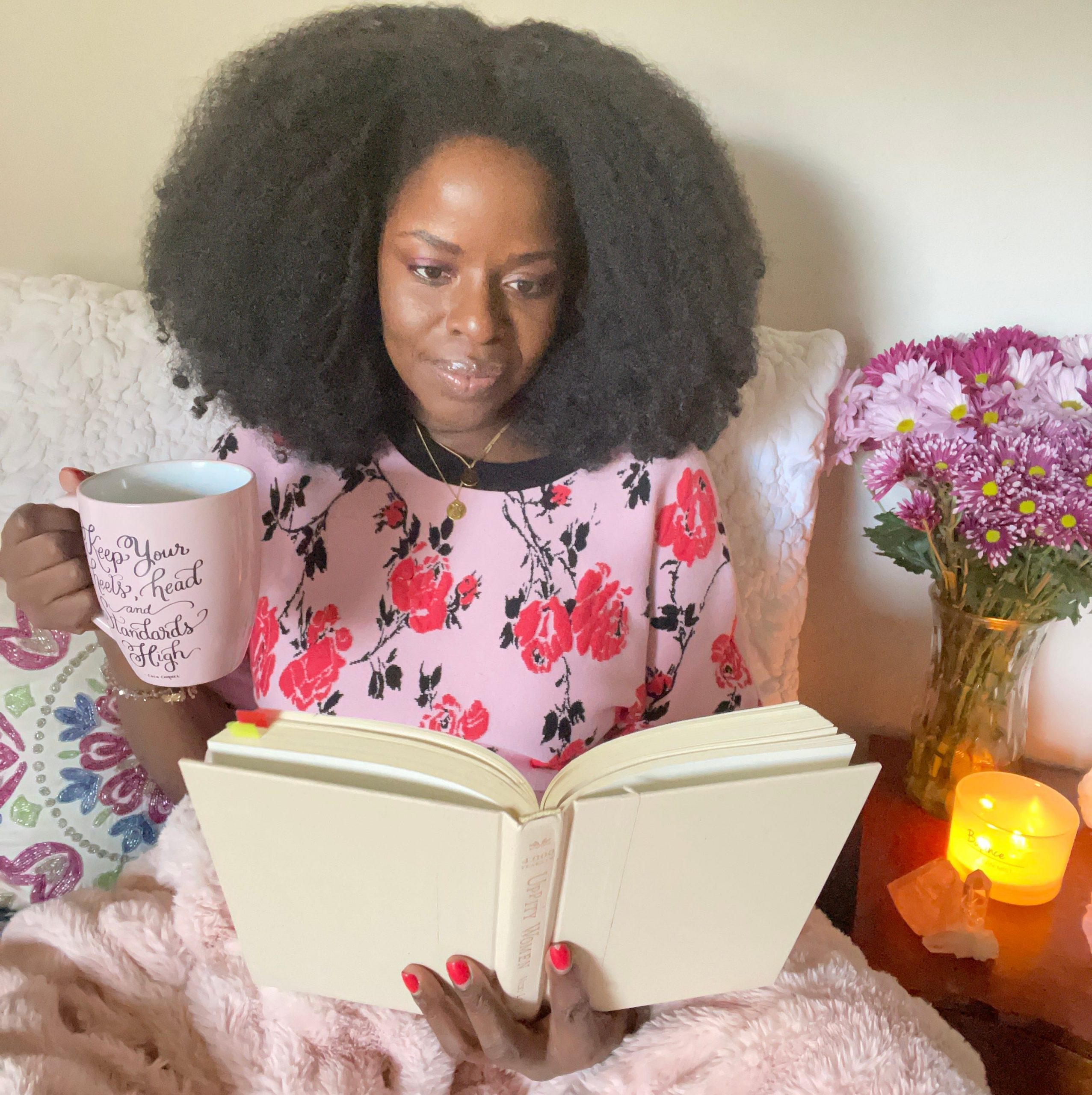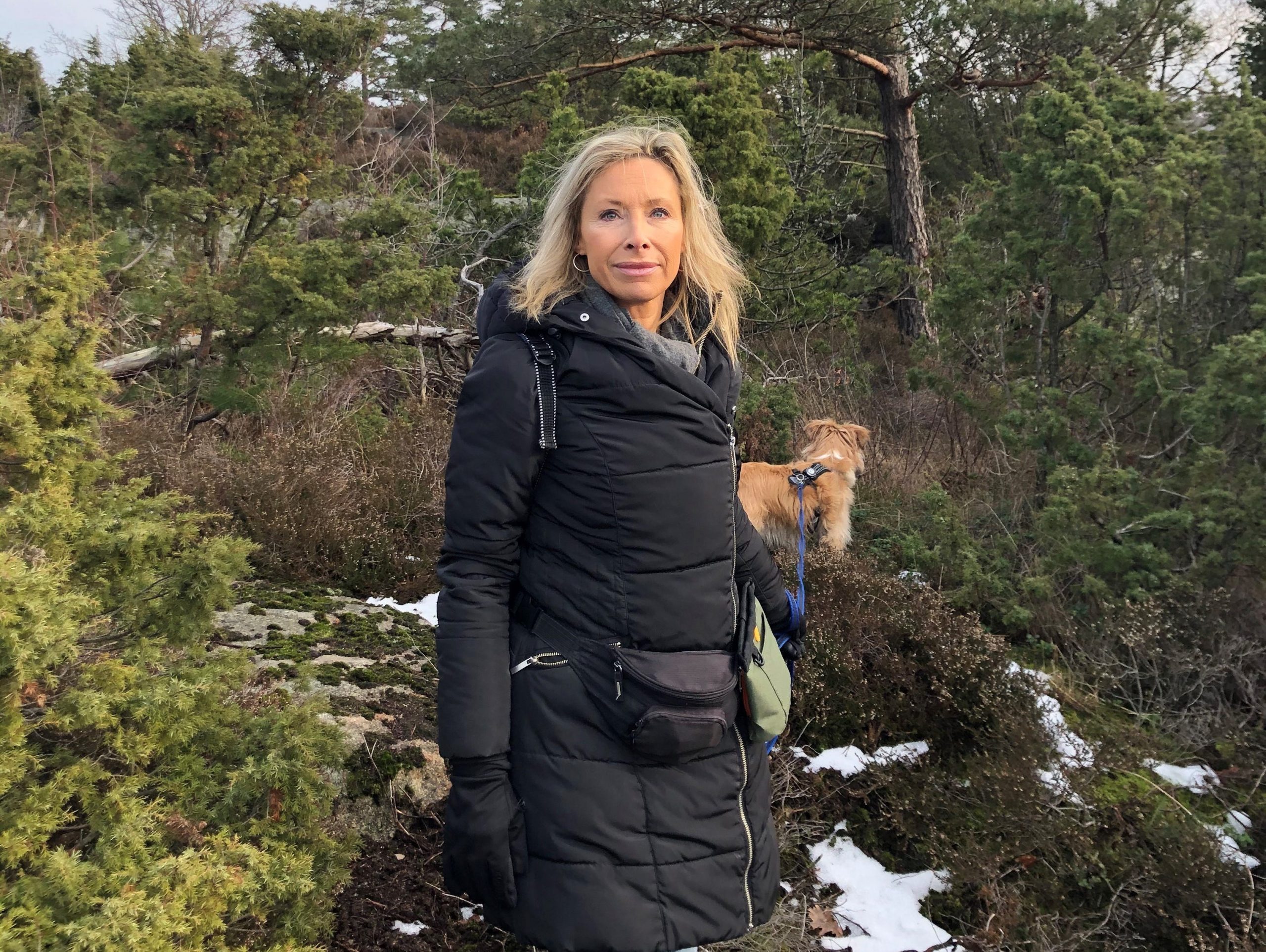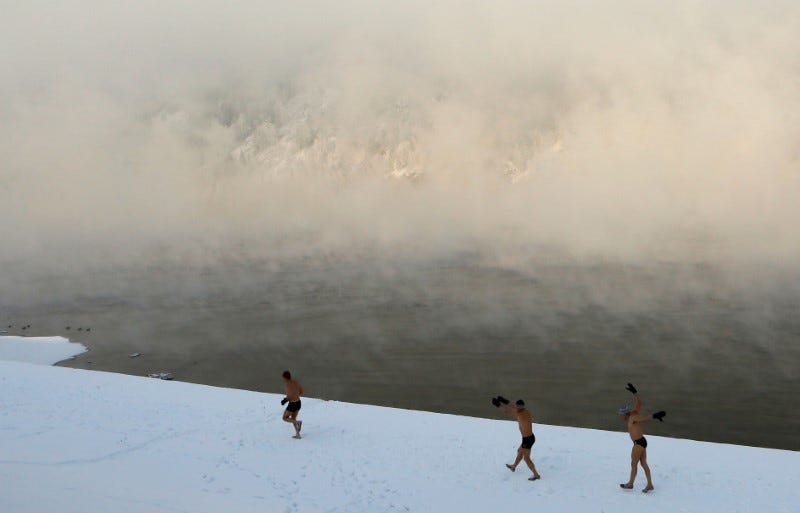
Zahara Joy
- This winter saw the worst coronavirus case rates and deaths, and deadly storms.
- The cold and dark don’t have to be an added burden; take it from Scandinavians.
- Practicing “hygge,” embracing daily and weekly rituals, and getting outdoors can help.
- Visit Insider’s homepage for more stories.
When Zahara Joy, an American entrepreneur, moved to Stockholm, Sweden, in 2006, she only knew an acquaintance, who lent her a temporary couch to sleep on.
She’d never experienced such dark winters. In January, the sun rises at 8:47 am and sets at 2:55 pm. She had no job and clinical depression.
But Joy fell in love with the country anyway – not in spite of its long, dark winters, but in some ways, because of it. The lights on the houses made the nights seem brighter than day, the candle-lit girls’ nights in felt warmer than summer nights out, and long walks in the dark felt magical, not threatening.
“It just had a 24/7 Christmas feel,” Joy, who’s spent the pandemic in Florida, told Insider.
The US is experiencing what President Biden warned would be a “dark winter,” with a COVID-19 surge and deadly winter storms raging throughout the nation.
Adopting some Nordic traditions may help make the rest of this winter more bearable. It starts with focusing on what you can control, Meik Wiking, the CEO of The Happiness Research Institute, told Insider.
"I cannot control a global pandemic," he said, "but I can control what we are having for dinner tonight."
Practice hygge
Hygge, a Danish word most closely meaning "coziness" in English, is a year-round staple of Danish culture, but in the winter, it's a "survival strategy," Wiking said. "Hygge oftentimes has been referred to as 'the perfect night in' and perhaps for that reason has experienced a renewed spike in interest during the pandemic, where we must stay home," he said.
The term is more of a feeling than an action, and it's supported by making the best of the conditions you're in - lighting candles, eating comfort food with loved ones, drinking something warm while reading, and feeling present and grateful through it all.
Wiking said the Danish attitude might best be summed up by a Benjamin Franklin quote: "Happiness consists more in small conveniences or pleasure that occur every day than in great pieces of good fortune that happen but seldom."
Don't take down your Christmas lights - or, if you have, put them back up
Charlotta Brynger, a cross-cultural consultant in Gothenburg, Sweden, told Insider her compatriots talk about light the way Americans talk about the weather.
"It's a hot topic right now, like, 'Oh! It's light in the morning again!" When it snows, the Swedes rejoice. It's not because they can ski or throw snowballs, but because snow is bright, she said.
Rather than wallow in the dark, she said, "we are all in pursuit of light."
Swedes make it easy to find - lighting candles throughout their homes ("It's almost like gothic churches sometimes when you walk into the houses," Brynger said) and keeping white Christmas lights outside from December through January.
"You really want to challenge the light for as long as possible," Brynger said.
Enjoy 'fika' daily
Small daily and weekly traditions offer something to look forward to and break up days that blend together.
"By adding even a small element of certainty in the face of overwhelming uncertainty, you can re-establish a connection with the present moment, ground yourself, and maintain a good sense of self-control and confidence," Natalie Dattilo, director of psychology in Brigham & Women's Hospital's department of psychiatry, previously told Insider.
The Swedes do that year-round by enjoying fika. The term roughly translates to an afternoon "coffee and cake break," but like hygge is more about a feeling of connection than an action. It can be a noun or a verb, and it's such a part of the culture that many Swedish companies even include clauses in employees' contracts entitling them to daily fika breaks.
Fika is a relatively COVID-safe activity, too, as you can do it outside. In Sweden, Brynger said, "you see people happily enjoying a cup of coffee in minus-10 centigrade (about 14-degrees Fahrenheit) weather."

Louise Fjällström
Celebrate 'little Saturday'
In Sweden, Norway, and Finland, many people celebrate "little Saturday," Brynger said. In the US, we simply call it Wednesday.
"It is a day that breaks the week in two and an evening you would go out with your friends to have a small version of the Saturday feeling," she said.
While a night on the town isn't safe right now, making a Wednesday tradition with friends, like a virtual dinner party or game night, could reap similar benefits.
"By adding even a small element of certainty in the face of overwhelming uncertainty, you can re-establish a connection with the present moment, ground yourself, and maintain a good sense of self-control and confidence," Dattilo previously told Insider.
Spruce up your home, then get creative
Because people in Nordic countries tend to spend so much time at home - at least compared to other European countries like Italy with milder climates year-round - they invest in making it a lovely place to be, Brynger said.
Often, that means filling the space with fewer, high-quality possessions, Joy said. Now back in the US, she maintains a minimalist approach, something research has linked to better focus, reduced stress, and improved creativity.
Hence why, perhaps, Scandanavia residents tend to pursue creative projects more in winter. "Lots of people bake at home, or they DIY at home or [pursue] whatever hobbies they have," Brynger said.

Thomson Reuters
Get outside or go in the water
Dark, cold days don't discourage Scandinavians from getting outdoors. They go hiking, ice skating, and cross-country skiing, treating themselves after with food and drink by a campfire, Brynger said. In Norway, there's a term "friluftsliv" that describes an attitude of seeking, and embracing, time outdoors.
Research has shown spending at least 120 minutes a week outdoors (that's less than 20 minutes a day) is associated with better health and wellbeing. More time in nature is also known to reduce stress and anxiety.
For Brynger, time in nature means enjoying early evening walks with her dogs in a nearby forest, where she'll often run into other walkers guided by their headlamps. Her photos startle non-Swedes, Brynger said.
"People think that it's like the Blair Witch Project kind of thing, but really it's 5 o'clock in the afternoon. It's not a big deal, but it looks very dramatic."
Another outdoor activity gaining popularity in the pandemic is "winter bathing," or jumping into icy water.
"This year, it has boomed," Brynger said, "I think it's because usually people solve the problem of dealing with the long dark winter just by buying a ticket to Thailand."
